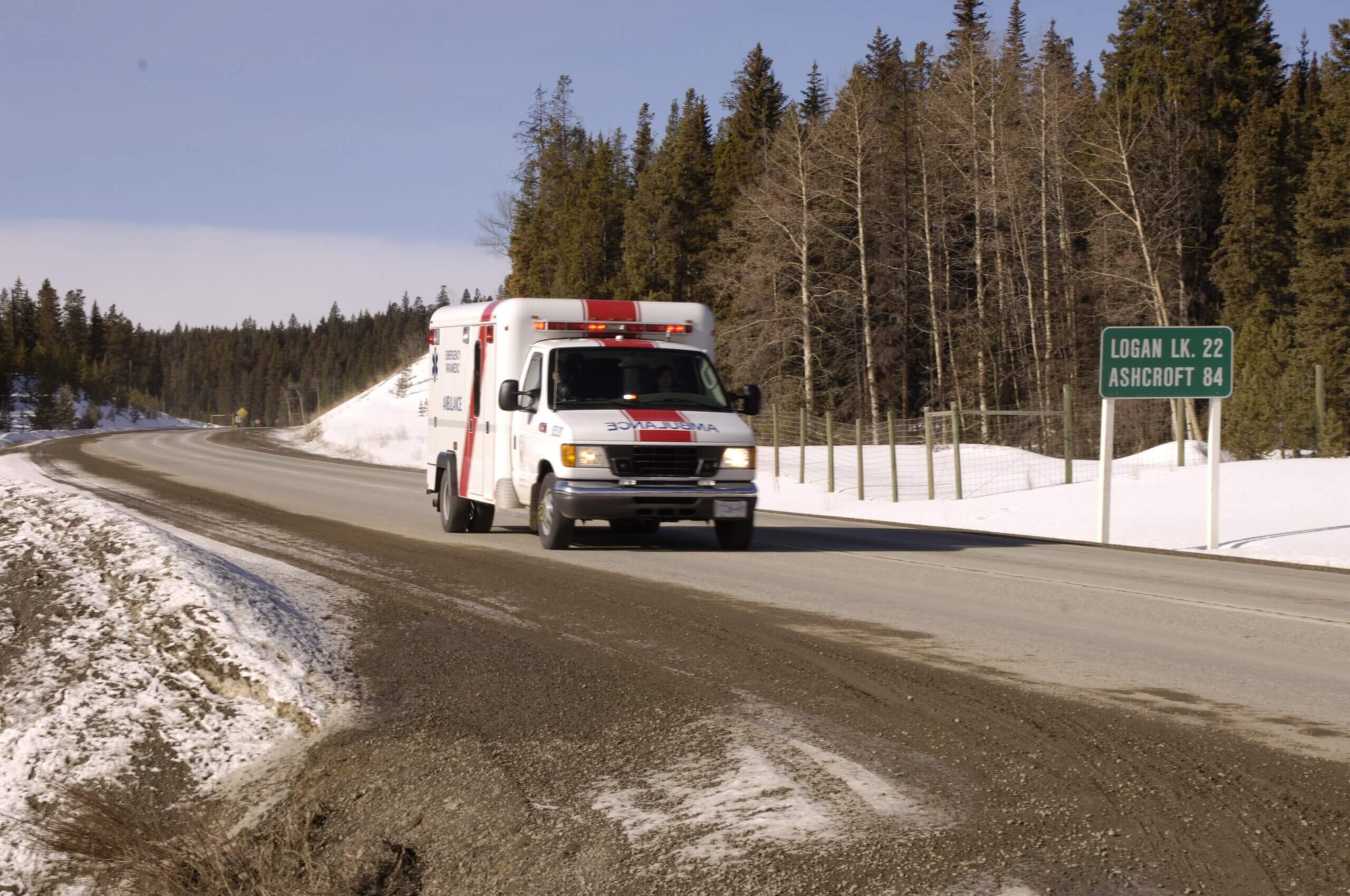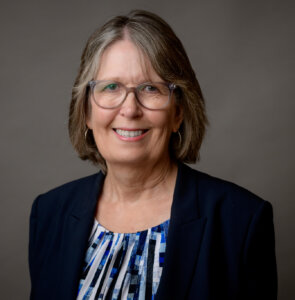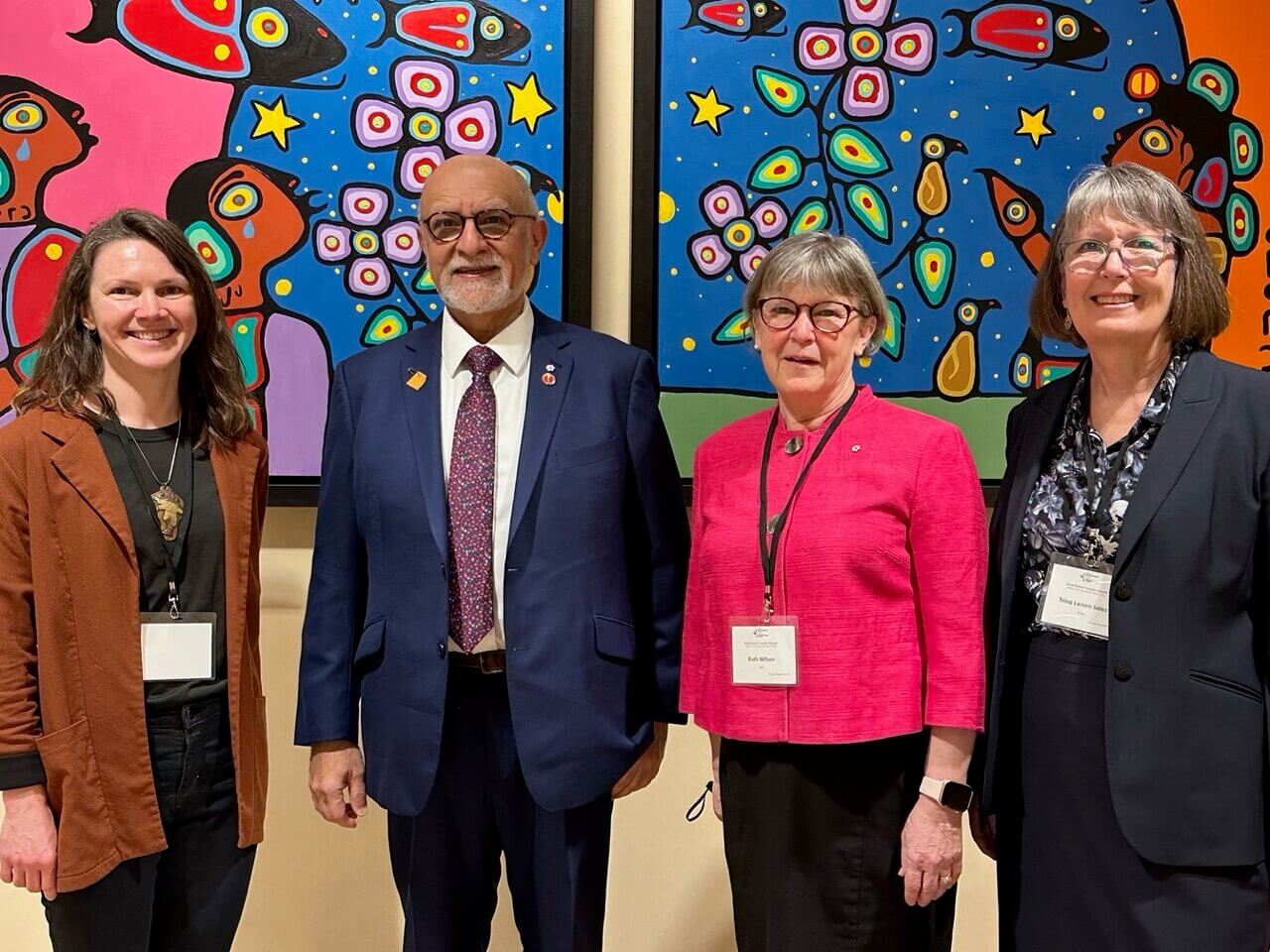The Transport initiative conducts research and advocacy on emergency medical transport in rural British Columbia. It works with rural physicians, the BC Ministry of Health, health authorities and communities to find ways to improve emergency medical transport to improve rural patients’ health outcomes.

Explore the numbers
31 participants
Gave input on their transport encounters in the Transport Narratives Study
Emergency Transport Study in Rural & Remote BC
Explore the key themes and recommendations that emerged from the Emergency Transport study, produced by team members Nelly D. Oelke (PI), Trina Larson Soles, John Soles, Nancy Humber, Jeff Beselt, Jel Coward, Ed Marquis, and Ray Markham.

Plans for the Future
In the next year we anticipate significant opportunities to engage is system change around rural transport. Our relationships within the transport community are solid and we have the chance to add support staff with broad experience to engage in project planning for the immediate future. The work of the Data Analytics Subgroup provides material needed to leverage action within a number of sectors. Active collaboration with First Nations Health is key to our work, as we compare data gathered from FN communities with that generated from available date within PHSA and BCEHS. Equitable access is necessary to address the differing health outcomes for aboriginal patients, identified in #19 in the TRC calls for action. We continue to strive to eliminate these barriers to care.
Team Members
Click on a team member to explore which other projects they have contributed to in the past year.

Trina Larsen-Soles
Lead, Transport
Trina Larsen-Soles’s Projects: Annual Reports

Ray Markham
Executive Director, Medicine
Ray Markham’s Projects: Annual Reports

John Soles
Co-lead, Transport
John Soles’s Projects: Annual Reports

Jeff Beselt
Co-Lead, RUDi (Emergency), Real-Time Virtual Support
Jeff Beselt’s Projects: Annual Reports

Nancy Humber
Lead, Rural Surgical & Obstetrical Networks
Nancy Humber’s Projects: Annual Reports

Nelly Oelke
Co-Scientific Director
Nelly Oelke’s Projects: Annual Reports

Jel Coward
Medical Co-director, The CARE Course






